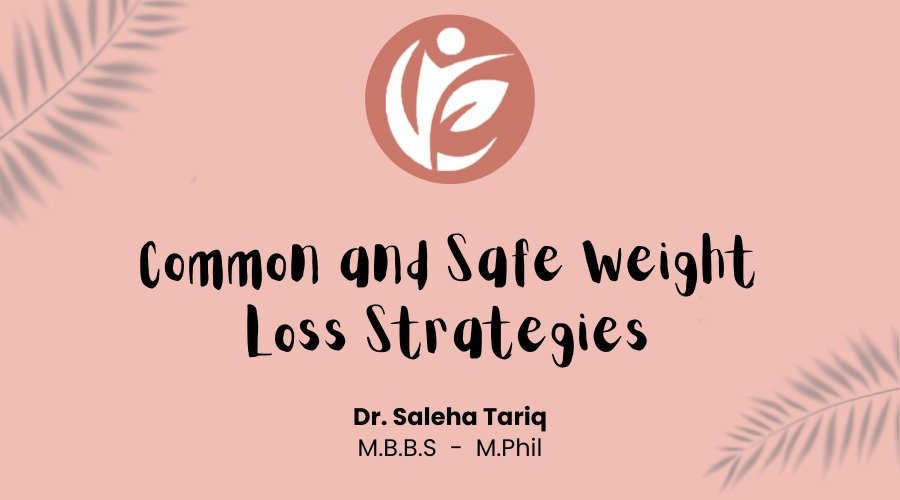Understanding CBT Therapy: A Powerful Tool for Mental Health
- ✍️ Dr Saleha Tariq
- 🗓 July 15, 2025

Introduction
Mental wellness is just as important as physical health. Whether you’re struggling with anxiety, depression, or overwhelming stress, it’s crucial to understand how emotional health works—and how to heal. One of the most effective ways to improve mental health is through Cognitive Behavioral Therapy (CBT).
In this blog, we’ll explore how CBT works, why it’s effective, and when you should seek professional help. CBT is not about ignoring emotions; it’s about learning how to manage them with healthy, proven techniques.
1. Why CBT Matters
Mental health challenges can affect every part of your life—your relationships, work, sleep, self-esteem, and physical health. Without support, issues like anxiety and depression may get worse over time and lead to:
Panic attacks
Negative thinking
Sleep disorders
Physical aches with no medical reason
Mood swings or emotional numbness
Trouble focusing or making decisions
Substance use or harmful coping habits
CBT helps you break these cycles. It gives you tools to change negative thinking, manage your emotions, and improve how you respond to life’s challenges.
2. What Is Cognitive Behavioral Therapy (CBT)?
CBT is a structured, short-term type of talk therapy that focuses on the link between your thoughts, feelings, and behaviors. The idea is simple: how you think affects how you feel, and how you feel affects what you do.
For example:
Thought: “I always mess things up.”
Feeling: Sad and hopeless.
Behavior: Avoid tasks or withdraw from others.
CBT helps you notice these patterns, challenge negative thoughts, and replace them with healthier ways of thinking. Over time, this leads to better mental and emotional health.
3. Common and Effective CBT Techniques
CBT uses practical tools you can apply in daily life. Here are some methods a therapist may use with you:
Cognitive Restructuring
You learn how to catch negative thoughts and replace them with more realistic, balanced ones.
Example: “I’m a failure” → “I had a tough day, but I’m doing my best.”
Behavioral Activation
You start doing activities that bring joy or meaning—even if you don’t feel like it. This boosts mood and motivation.
Examples: walking, drawing, calling a friend, or listening to music.
Mindfulness and Relaxation
CBT often includes breathing exercises, meditation, or grounding techniques to help reduce stress and anxiety.
Journaling
Writing down your thoughts and emotions helps identify patterns and track progress.
Exposure Therapy (for anxiety, phobias, or PTSD)
Gradually facing fears in a safe and controlled way helps reduce their power over you.
4. When to See a CBT Therapist
You should consider seeking CBT therapy if:
You often feel anxious, low, or emotionally overwhelmed
You notice your thoughts are mostly negative or self-critical
Your mood affects your work, studies, or relationships
You’ve tried self-help but still feel stuck
You want a clear, step-by-step plan to improve your mental health
CBT is effective for many conditions, including anxiety, depression, stress, PTSD, OCD, and eating disorders. It can be done in-person or online, and may be combined with medication if needed.
5. Maintaining Mental Health After Therapy
CBT doesn’t just help you feel better—it teaches you how to stay better. Once you complete therapy, it’s important to continue using the tools you learned.
Practice self-awareness and notice negative thought patterns
Continue journaling, meditation, or healthy habits
Check in with your therapist if new issues arise
Talk openly with trusted friends or family members
Prioritize sleep, nutrition, and physical activity for full wellness
Mental health, like physical health, needs regular attention. The more you use CBT techniques, the more natural and helpful they become.
Final Thoughts
You don’t need to face anxiety, depression, or stress alone. CBT therapy offers a safe, proven way to understand your emotions, change unhelpful thought patterns, and feel in control again.
With the right support, you can improve your mood, reduce stress, and live a happier, healthier life. Healing takes time—but every small step matters.
Need CBT Therapy or Mental Health Support in Lahore?
If you’re looking for help with anxiety, depression, stress, or emotional challenges—Cognitive Behavioral Therapy (CBT) might be the solution you need.
Contact us today to book a consultation with CBT specialist Dr. Saleha Tariq, a qualified mental health expert in Lahore. With a compassionate approach and years of experience, she offers personalized, effective therapy to help you regain control and live a balanced life.
Contact details:
📧 info@smartcareinnovation.com
📞 +92 321 1118617
